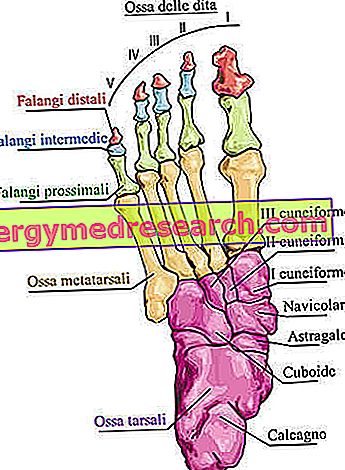By Dr. Izzo Lorenzo
According to the well-known circular letter of the Ministry of Health, creatine, after branched amino acids of the category of products aimed at integrating amino acids and derivatives, is defined as "an amino acid derivative acting as a reserve of energy phosphates at muscular level".
Our body consumes and transforms about 30 mg of creatine per kg of body weight daily, equal to about 2 grams per day for a 70 kg man with a total creatine content of about 120 grams, which is eliminated with the urine underneath form of creatinine.

The daily requirement of creatine is therefore estimated at about 2 grams, half of which comes from the endogenous synthesis (especially at the liver level) and half from the amount taken with the meat. The creatine present in a normal food ration (exogenous share), together with that produced by our body (endogenous quota), is therefore largely sufficient to cover the daily needs, replacing the share of creatine metabolized and lost in the urine, while the only one endogenous quota is able to cover the needs even in the case of vegetarian diets, which, being devoid of meat foods, are not able to provide the substance already constituted: 200-250 grams of meat contain about 1 gram of creatine.
It is no coincidence that the ministerial guidelines specify that "The use of creatine can be configured, as for other substances synthesized by the body, for dietary purposes in relation to particular needs related, for example, to an increased need or a reduced synthesis . " If the recommended dose is 4-6 grams a day, this may not exceed a thirty-day intake period. Beyond this period the dose must not exceed 3g / day.
In this sense, the use of creatine, like any other type of supplement, not justified by real nutritional or medical needs, is likely to represent a first step towards the enticements of doping.
If for athletes who undergo significant training and competition loads, the advice to take creatine or amino acids is unjustified from a nutritional and medical point of view, it is even reprehensible when referring to young sportsmen of the first age groups .



